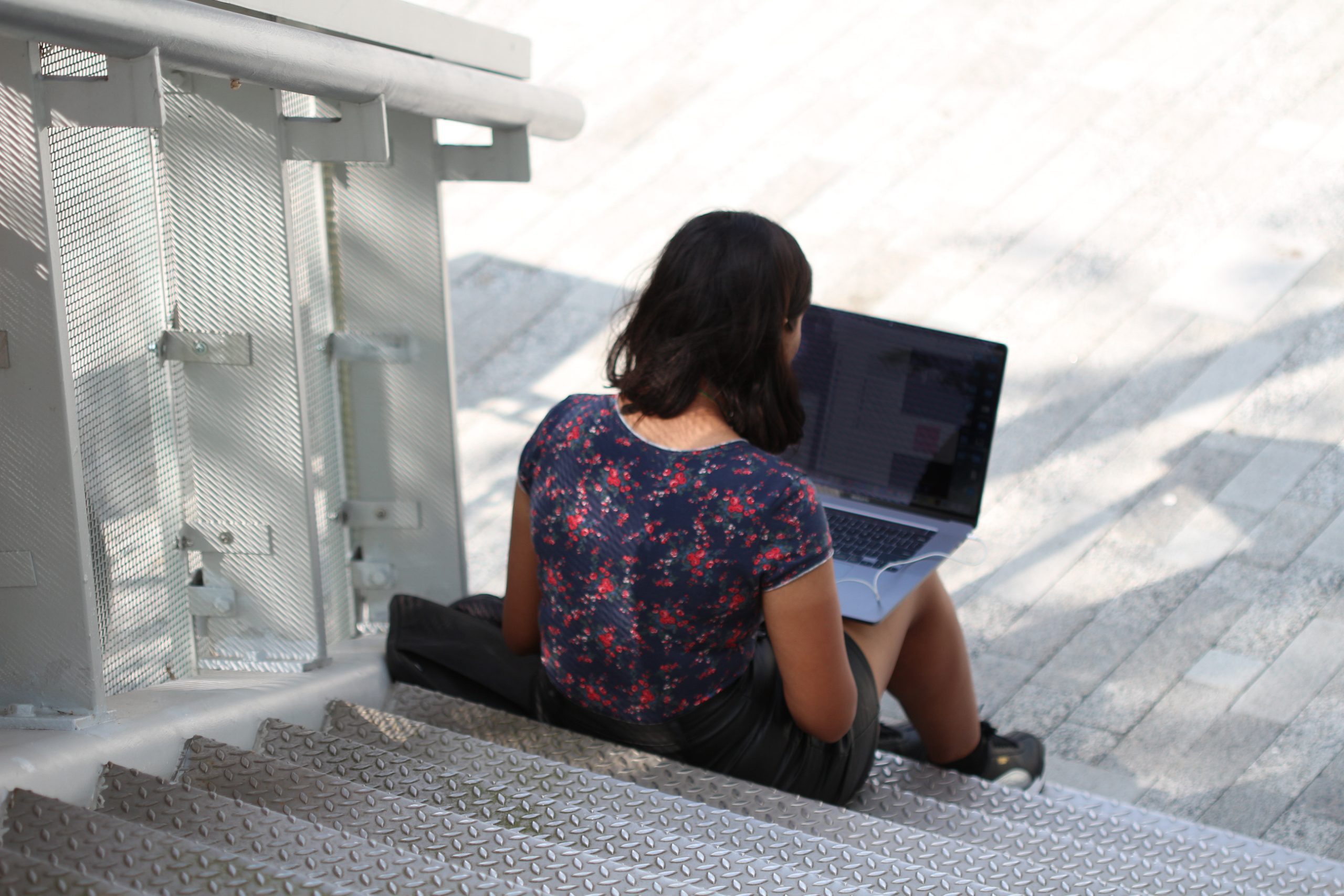Do you recognise that? Finishing work in the evening or at the weekend? It is quite common in higher education and research.
More than half of the PhD students work more hours than agreed upon. This rises to over 90 percent among professors. (Photo: Justyna Botor)
This emerges from a four-yearly survey of the driving forces of researchers and teaching staff of higher education institutions; almost 2,300 lecturers and researchers completed the questionnaire.
More than half the PhD students work more hours than scheduled. Among professors that figure is 90 percent. This is also the case in higher professional education. At universities of applied sciences 64 percent of the lecturers and teacher-researchers work more hours than contracted, as opposed to 71 percent of the managers and 81 percent of the professors.
Under pressure
Because of the workload, research is being put under particular pressure. Most of the respondents said they have less time for it than agreed. Not unexpectedly, the majority of them would like more time for it. Management and organisation tasks are less popular.
And teaching? Opinions on that are divided. At the universities, half (51 percent) would like to spend less time teaching and a third (32 percent) would prefer not to spend so much time coaching students. “On the other hand, a quarter of the academics at universities would actually like to spend more time on those tasks”, the Rathenau adds.
‘The importance of publications still outweighs everything else’
The same pattern emerges at the universities of applied sciences. There 40 percent of the respondents would like to spend less time teaching and 31 percent would prefer not to spend so much time coaching students. “Here too, roughly a quarter would actually like to spend more time on those tasks”, says the Rathenau.
In higher education as a whole, university teaching staff are the least satisfied with the time they can devote to research. PhD students, on the other hand, who mostly do little else, are generally happy with the amount of time they spend on research.
Gender
These are all averages. But personal factors play a role in the work too. One in three of the respondents said that family situations or care responsibilities put a spanner in the works, more often with women than with men.
More than 40 percent of the female respondents said that their gender is an obstacle to achieving their ambitions, whereas only 16 percent of the men believe their gender is a disadvantage.
Mental or physical impairments are more of a hindrance to women than to men: 15 against 3 percent. In addition, a small number of men feel that their sexual orientation impedes their ambitions, while women rarely mention this.
Recognition and reward
Using the motto ‘recognition and reward’, the universities are endeavouring to distribute tasks more effectively. But when the Rathenau asked the respondents what they consider important in the assessment, the predominant issue for university staff turned out to be the quality of the publications. This is the case for all ranks, from lecturer to professor. In second place is ‘the satisfaction of the people I coach’, such as undergraduates and PhD students.
‘Research in particular has suffered from the corona crisis’
When asked what they themselves would like to be assessed on in practice, they mentioned research performance most frequently. The number of publications appears to play a big part as well, although the respondents attach less importance to this.
Things are different at universities of applied sciences, which focus more on teaching. There the subject most often mentioned by respondents was satisfaction with the coaching, along with ‘students’ progress’. The researchers among them also mentioned creating a connection between research and teaching and the contributions to knowledge utilisation.
COVID-19
The questionnaires were completed between June and September 2021, so the coronavirus crisis was still a factor. Research in particular suffered during the crisis, while the respondents actually had to spend more time teaching.
HOP, Bas Belleman / Translation: Taalcentrum-VU
- Do you recognise this story from the Rathenau Institute and do you think that something really has to change? Or do you already have good experiences with how things can be done differently? We would love to hear from you!
Do you have a question or comment about this article?
redactie@hogeronderwijspersbureau.nl


Comments are closed.